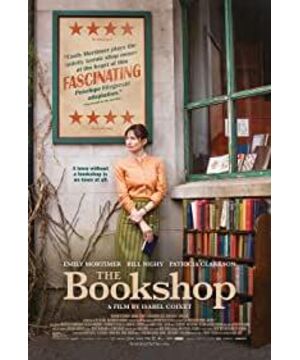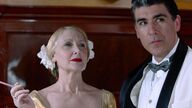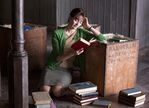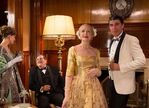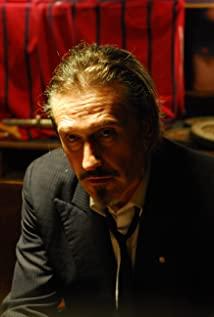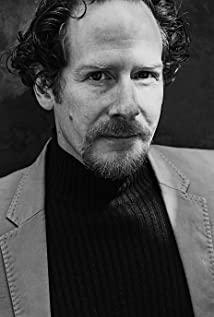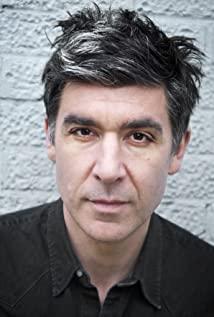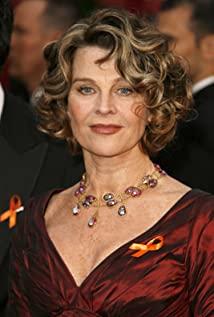I have read Penelope Fitzgerald's original novel, the film and the graphic novel have completely different treatment of the same plot --- Did Florence see through "Mr. Brundich also agrees with the old house" The plan to switch to an art center" is a slander. And I selfishly prefer to deal with it in the movie: she sees through the lies and vulgar personality without losing the restrained and straightforward refutation.
But I also know that in reality, the treatment of the original book is more realistic. For an ordinary person who is brave enough, honest and kind enough (even if she doesn't really "know" books), she works hard to survive (she, more importantly, is a bookstore). In a place that "doesn't need a bookstore", she persisted with all her heart and tried her best to overcome difficulties to open a small bookstore), this great courage is a great idealistic handling, after all, in my opinion, What bookstores and books represent here is not just knowledge, but a most simple and genuine conscience.
Fortunately, in this place where bookstores are not needed, there are two marginal aliens who really understand bookstores (and conscience), and accompany Florence on this journey - the old and lonely Brundich and 11-year-old Christie. Na. At the end of the movie, the little girl lit the fire in the old house is a kind of confession, a kind of connection. I like this treatment.
View more about The Bookshop reviews


